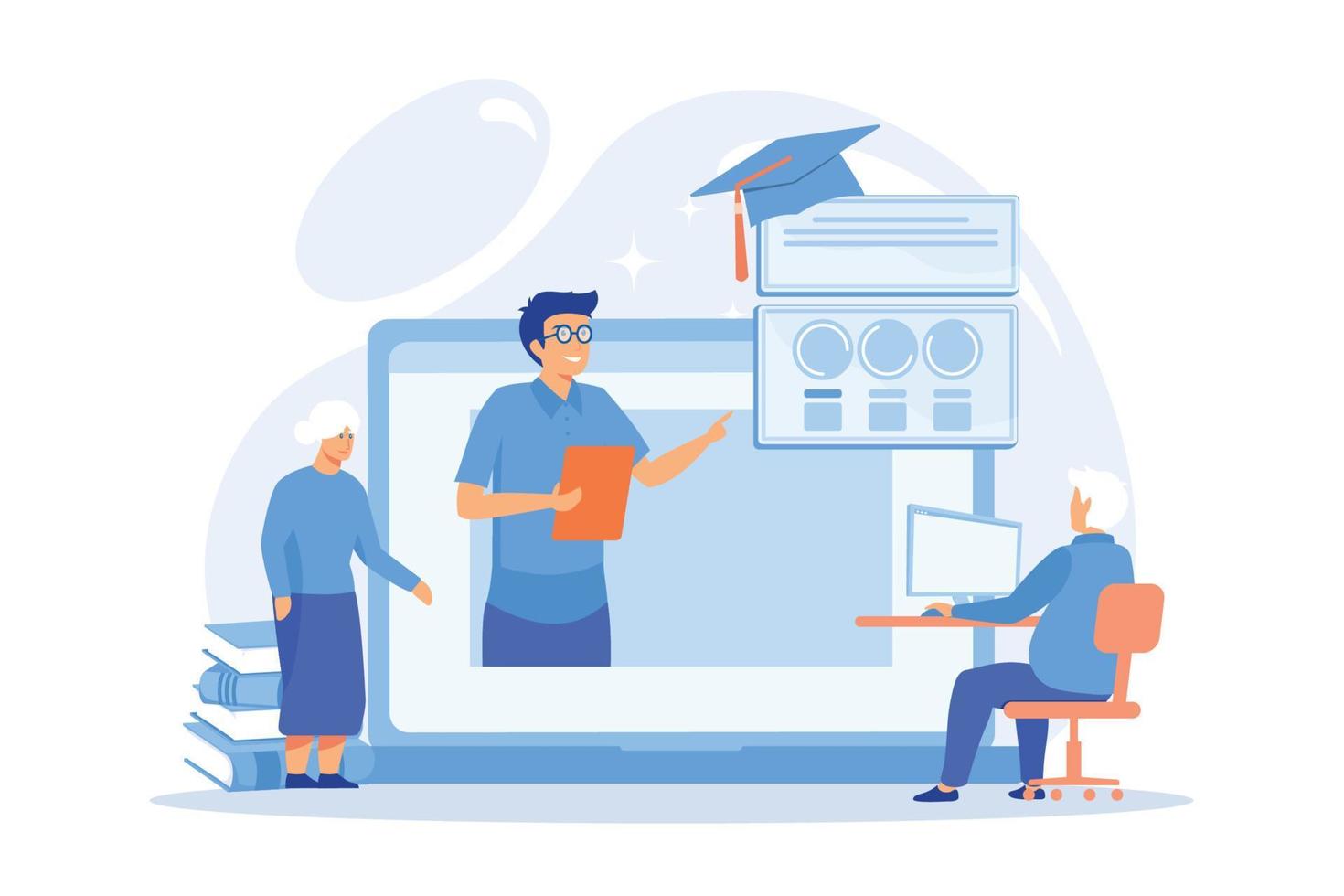Loading...

PLAB1 Made Easy: Essential Tips and Study Strategies
Are you gearing up for the PLAB1 exam and feeling overpowered by the sheer amount of material? Fear not, because we’ve got you covered! In this blog post, we’ll share essential tips and study strategies to help you easily prepare for the PLAB1 exam.
From mastering exam content to efficient study techniques, we’ll walk you through everything you must know to increase your chances of success. So let’s make PLAB1 easy together!
Understanding the PLAB1 Exam
If you’re preparing for the PLAB1 exam, it’s essential to understand its structure, format, and content. Here’s what you need to know:
Structure and format of the PLAB1 exam
The PLAB1 exam is a computer-based multiple-choice test that consists of 180 questions. You have three hours to finish the exam, and the questions are randomly selected from over 1,500 questions. The exam is divided into two parts, with a break of 10 minutes between them.
Part 1 of the exam consists of 120 questions. It covers various topics, including basic medical sciences, clinical sciences, and ethics. Part 2 of the exam consists of 60 questions and focuses on clinical scenarios.
The PLAB1 exam tests your knowledge, skills, and judgement in various areas relevant to medical practice in the UK.
Topics covered in the exam
The PLAB1 exam covers a broad range of topics related to medical practice in the UK. The topics covered in the exam include:
- Anatomy and physiology
- Pharmacology and therapeutics
- Microbiology and infectious diseases
- Clinical sciences, such as cardiology, respiratory medicine, gastroenterology, and neurology
- Ethics and legal issues in medical practice
- Communication skills and patient-centred care
It’s important to note that the PLAB1 exam does not test your clinical skills or practical abilities. Instead, it focuses on your knowledge, understanding, and judgement in various areas relevant to medical practice in the UK.
Now that you have a better insight into the structure, format, and content of the PLAB1 exam, it’s time to start preparing for it. In the next section, we’ll share essential tips and study strategies to help you succeed on the exam.
Essential Tips for PLAB1 Success
Preparing for the PLAB1 exam can be challenging, but you can boost your chances of success with the right tips and strategies. Here are some critical tips to help you succeed on the PLAB1 exam:
Share essential tips for exam success, such as time management and test-taking strategies.
Manage Your Time Effectively
Time management is crucial when it comes to the PLAB1 exam. You have only three hours to answer 180 questions, so managing your time effectively is essential.
Here are some time management tips:
Split your time equally between Part 1 and Part 2 of the exam
Pace yourself throughout the exam, and only spend a little time on difficult questions.
Use the marking system to flag questions you’re doubtful about and return to them later if you have time.
Practise Test-Taking Strategies
Good test-taking strategies can help you improve your score on the PLAB1 exam. Here are some tips:
- Read the question and all the choices carefully before selecting your answer.
- Eliminate incorrect answers first to narrow down your options.
- Use an educated guess if you need clarification on an answer.
- Provide insights on how to approach different question types.
The PLAB1 exam includes various question types, such as single-best-answer, extended matching, and rank-order questions. Here are some insights on how to approach these question types:
Single-Best-Answer Questions
Single-best-answer questions require you to select the best option from five possible answers. Here are some tips:
- Read the question carefully and pinpoint the key points.
- Consider all the options before selecting your answer.
- Eliminate incorrect answers first to narrow down your options.
Extended Matching Questions
Extended matching questions require you to match a list of options to a stem. Here are some tips:
- Read the stem carefully and identify the key points.
- Consider all the options before making your selection.
- Eliminate incorrect options first to narrow down your choices.
Rank-Order Questions
Rank-order questions require you to arrange a list of options in a specific order. Here are some tips:
- Read the question carefully and identify the key points.
- Consider all the options before arranging them in order.
- Use common sense and logic to determine the correct order.
By following these essential tips and insights, you can improve your chances of success on the PLAB1 exam. In the next section, we’ll share effective study strategies to help you prepare for the exam.
Study Strategies for PLAB1

Preparing for the PLAB1 exam requires a comprehensive study plan that covers all the topics and question types tested on the exam. Here are some effective study strategies to help you prepare for the PLAB1 exam:
Effective study strategies to help prepare for the PLAB1 exam
Create a Study Plan
Creating a study plan is the first step towards effective PLAB1 exam preparation. Here are some tips to help you create a study plan:
- Assess your strengths and weaknesses and allocate more time to challenging topics.
- Set realistic study goals and deadlines.
- Break down the study material into manageable sections and allocate time for practice questions.
Utilise Multiple Study Resources
PLAB1 exam preparation requires multiple study resources, such as textbooks, online courses, and practice questions. Here are some tips to help you utilise multiple study resources:
- Use textbooks and online courses to gain an in-depth understanding of the topics covered on the exam.
- Practice questions are crucial to testing your knowledge and familiarising yourself with the question types and format of the exam.
- Join online forums or study groups to interact with other PLAB1 candidates and share study materials and tips.
- Discuss how to organise study materials and prioritise topics.
Organise Your Study Materials
Organising your study materials is crucial to effective PLAB1 exam preparation. Here are some recommendations to help you organise your study materials:
- Use colour-coded folders to categorise your study materials.
- Create flashcards to memorise key points.
- Highlight important information in your textbooks or study materials.
Prioritise Topics
Prioritising topics is crucial to effective PLAB1 exam preparation. Here are some advice to help you prioritise topics:
- Focus on high-yield topics that are frequently tested on the exam.
- Assign more time to subjects that you find challenging.
- Revise topics regularly to ensure you retain the information.
By following these study strategies, you can effectively prepare for the PLAB1 exam and increase your chances of success. In the next section, we’ll discuss common mistakes to avoid during the PLAB1 exam preparation.

Resources for PLAB1 Exam Prep
Preparing for the PLAB1 exam requires access to quality study resources and materials. Here are some useful resources for PLAB1 exam prep:
Here are some useful resources and study materials for PLAB1 exam prep:
PLAB1 Online Courses

Online courses are a popular study resource for PLAB1 exam preparation. These courses deliver in-depth coverage of the exam topics and question types and can be accessed from anywhere.
PLAB1 Textbooks
Textbooks are a comprehensive study resource for PLAB1 exam preparation. These books provide detailed explanations of the exam topics and can be used as reference materials during revision. Some popular PLAB1 textbooks include:
- Oxford Handbook of Clinical Medicine
- Kumar and Clark’s Clinical Medicine
- Davidson’s Principles and Practice of Medicine
PLAB1 Practice Questions
PLAB1 practice questions are crucial to PLAB1 exam preparation. These questions help you familiarise yourself with the question types and format of the exam and test your knowledge of the exam topics. Some popular PLAB1 practice question resources include:
- Pastest
- examination
- BMJ examination
Pros and cons of different resources and how to choose the best ones
Pros and Cons of Online Courses
Online courses are a flexible and convenient study resource for PLAB1 exam preparation. However, they can be expensive and may need to provide more practice questions.
Pros and Cons of Textbooks
Textbooks are a comprehensive study resource for PLAB1 exam preparation. However, they can be expensive and may only detail some exam topics.
Pros and Cons of Practice Questions
Practice questions are a crucial study resource for PLAB1 exam preparation. However, relying solely on practice questions may not comprehensively understand the exam topics.
When choosing study resources for PLAB1 exam prep, consider your learning style, budget, and study goals. Using multiple study resources is also recommended to ensure comprehensive coverage of the exam topics and question types.
By utilising these resources, you can effectively prepare for the PLAB1 exam and increase your chances of success.
PLAB1 Exam Day: What to Expect and How to Prepare
The day of the PLAB1 exam can be nerve-wracking, but with the right practice and perspective, you can increase your chances of success. Here are some suggestions on how to prepare for the exam day:
Share tips on how to equip for the exam day, such as what to carry and what to expect
What to Bring
Make sure to bring the following items on the exam day:
- A valid ID, such as a passport or driver’s licence
- The exam admission ticket
- A pen and eraser
- A watch to keep track of time
What to Expect
The PLAB1 exam is a computer-based test that consists of 180 multiple-choice questions. You’ll have three hours to complete the exam. The exam covers topics such as clinical medicine, anatomy, and physiology.
How to handle stress and anxiety during the PLAB1 exam?
Practice Relaxation Strategies
Rehearse relaxation approaches such as deep breathing, meditation, or visualisation to calm your nerves before the exam.
Time Management
Managing your time effectively during the exam can help reduce stress and anxiety. Read the questions carefully, answer the easier questions first, and manage your time wisely.
Positive Mindset
An optimistic mindset can help you stay attentive and calm during the exam. Remind yourself of your hard work and preparation, and trust in your abilities.
By following these directions, you can effectively train for the PLAB1 exam day and manage stress and anxiety during the exam. The next section will discuss what to do after the exam and how to interpret your results.
Conclusion
In conclusion, the PLAB1 exam is a crucial step towards becoming a licensed doctor in the UK. With the right study strategies and essential tips for exam success, you can increase your chances of passing the PLAB1 exam on your first attempt.
To succeed in the PLAB1 exam, it’s important to understand its structure and format and the topics covered in the exam. It would be best to focus on effective study strategies, such as organising study materials and prioritising topics.
In addition, taking advantage of useful resources and study materials can help you prepare more efficiently for the exam. However, choosing the best resources that suit your learning style and needs is important.
On the exam day, be well-prepared and manage stress and anxiety effectively. Remember to bring the necessary items and approach different question types confidently and positively.
By following these essential tips and study strategies, you can make the PLAB1 exam easy and increase your chances of success. Good luck with your exam and your journey to becoming a licensed doctor in the UK!
FAQs
→ Can I retake the PLAB1 exam if I fail it?
You can retake the PLAB1 exam up to four times. However, there are restrictions on how soon you can retake the exam, and you must pay the fee each time.
→ How long should I study for the PLAB1 exam?
The time you need to study for the PLAB1 exam varies depending on your knowledge and familiarity with the exam topics. However, most students study for at least three months before taking the exam.
→ What are the passing scores for the PLAB1 exam?
The passing score for the PLAB1 exam is 170. Your score will be scaled based on the difficulty of the questions, so the actual number of questions you answer correctly may vary.
→ Can I use PLAB1 study materials from previous years?
While some study materials may still be relevant, using the most up-to-date study materials is recommended. The PLAB1 exam is regularly updated and may include new topics or changes in question format.
→ Can I use external aids during the PLAB1 exam?
External aids such as calculators or textbooks are prohibited during the PLAB1 exam. You will only be allowed to use a pen, eraser, and any other items specified in the exam guidelines.
→ How soon can I book my PLAB1 exam after I register?
Register your PLAB1 exam appointment within two weeks of registering. However, availability may vary depending on the testing centre and exam dates. You should book your exam appointment soon to secure your preferred date and time.




Was this article helpful?
Still got a question? Leave a comment
Leave a comment